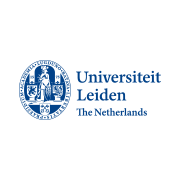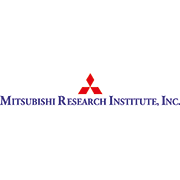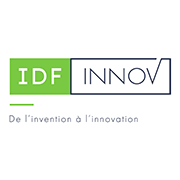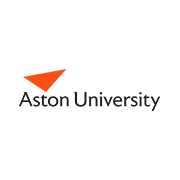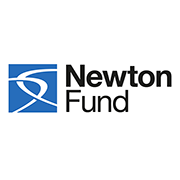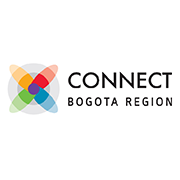Banco Santander and the Oxentia Foundation launch the Santander X Global Challenge | Blockchain and Beyond
April 28 2022
Six winning projects to receive prizes totaling €120,00 and access to the Santander X 100, the global community.
Today, Banco Santander and Oxentia Foundation are launching the Santander X Global Challenge | Blockchain and Beyond to seek startups and scaleups with innovative and scalable solutions using blockchain technology. The aim of both institutions is supporting innovation to improve productivity and employment, as well as to solve problems relevant to society.
This new global challenge is aimed at companies from 11 countries (Germany, Argentina, Brazil, Chile, the US, Spain, Mexico, Portugal, Poland, the UK and Uruguay), with an innovative and technology-based product. The six winning projects will receive prizes totalling €120,000 and access to Santander X 100, the global community of the most outstanding Santander X entrepreneurial projects.
Solutions should address issues such as improving user privacy and security in blockchain networks, boost decentralised finance (DeFi) -without financial intermediaries- and tokenisation (digital representation in blockchain) and enhancing and expanding digital interactions with users through concepts such as Web3 and the metaverse.
Coty de Monteverde, Head of Crypto & Blockchain Center of Excellence at Banco Santander, highlighted “blokchain technology has the potential to revolutionize the world. Increasingly, different sectors see the ability of this technology to redefine and enhance their business models. There is still a long way to go before blockchain is definitively installed in the daily life of people and companies, and at Santander Universities we want to give visibility and help startups and scaleups with innovative solutions in the use of this technology”.
Steve Cleverley, CEO, Oxentia Foundation noted “At Oxentia, helping entrepreneurs address global challenges, provide innovative solutions and promote adoption of new and disruptive technologies is at the heart of our work. The Oxentia Foundation is therefore delighted to be working in partnership with Santander x to launch a new global challenge | Blockchain and Beyond. We are looking forward to hearing from entrepreneurs across the Santander footprint with the very best cutting-edge technology and transformational solutions and wish all applicants the very best of luck.”
Full details and how to apply can be found on the challenge website.
Applications close 9th June 2022.
—————————————————————————————————————————
About the Oxentia Foundation
The Oxentia Foundation was created to support Oxentia’s goal to address global inequalities through innovation and entrepreneurship activities. Globally, Oxentia has designed, developed, and run awards, competitions and programmes supporting early-stage innovators and entrepreneurs to promote commercialisation of science and technology based-innovation projects impacting the UN’s Sustainable Development Goals. Oxentia developed out of the University of Oxford’s technology transfer company, Oxford University Innovation, with the aim to deliver specialist innovation management services to clients in the public and private sector all over the world. Its approach is grounded in a strong Oxford heritage based on over 30 years’ experience in supporting academic innovation and entrepreneurship in Oxford, and globally in over 70 countries
About Banco Santander and its support for higher education
Banco Santander, the leader in responsible banking, is firmly committed to progress and inclusive sustainable growth. It has a pioneering and long-standing commitment to education, entrepreneurship and employment through Santander Universities, which has been operating in this area for over 25 years, setting it apart from the world’s other financial institutions. Since its launch, the bank has allocated over 2.1 billion euros and supported more than 790,000 students, professionals and entrepreneurial projects through agreements with around 1,000 universities and institutions in 15 countries.

